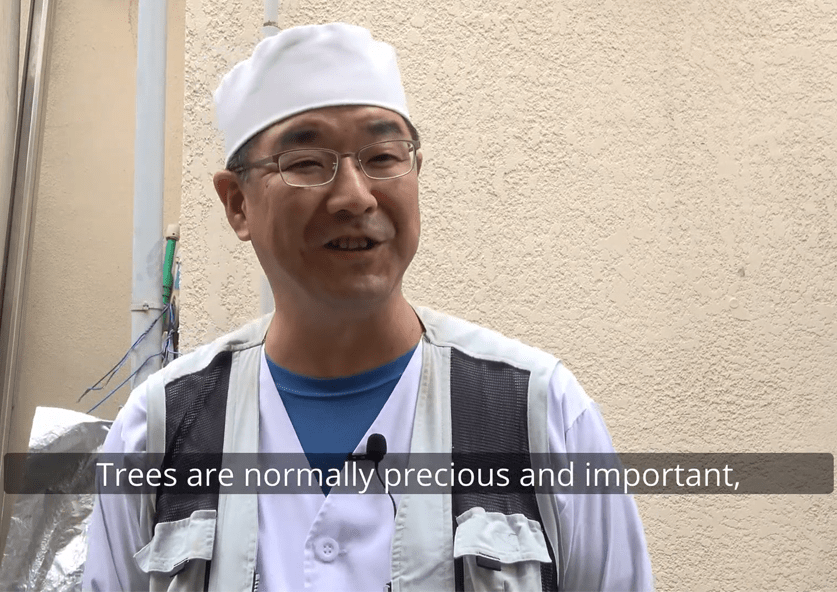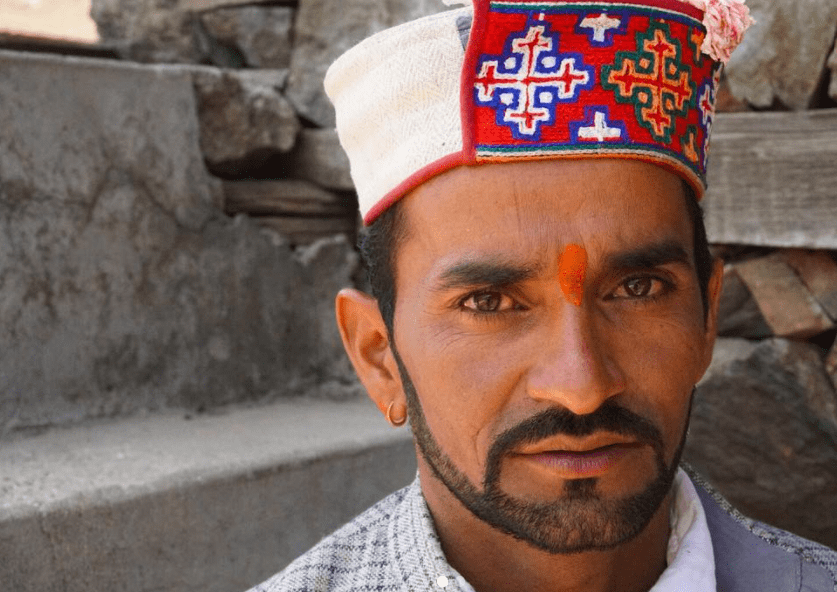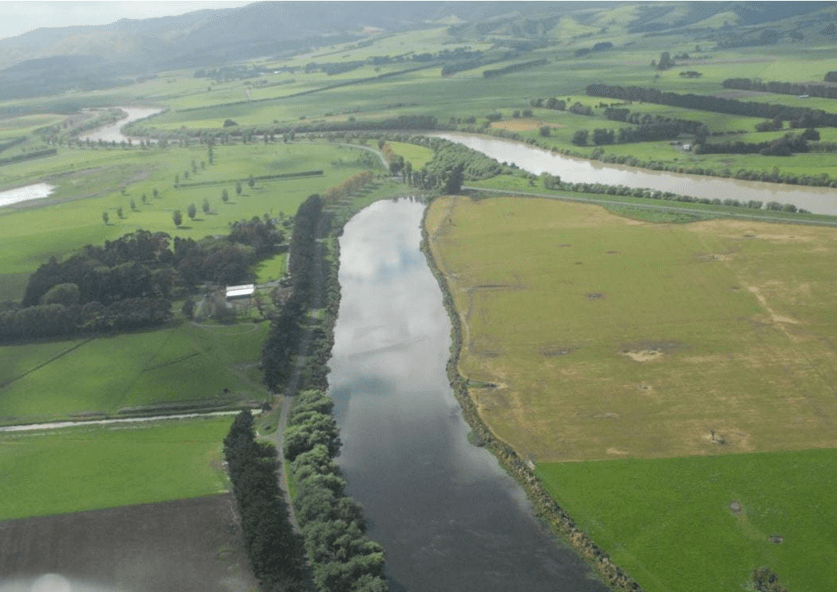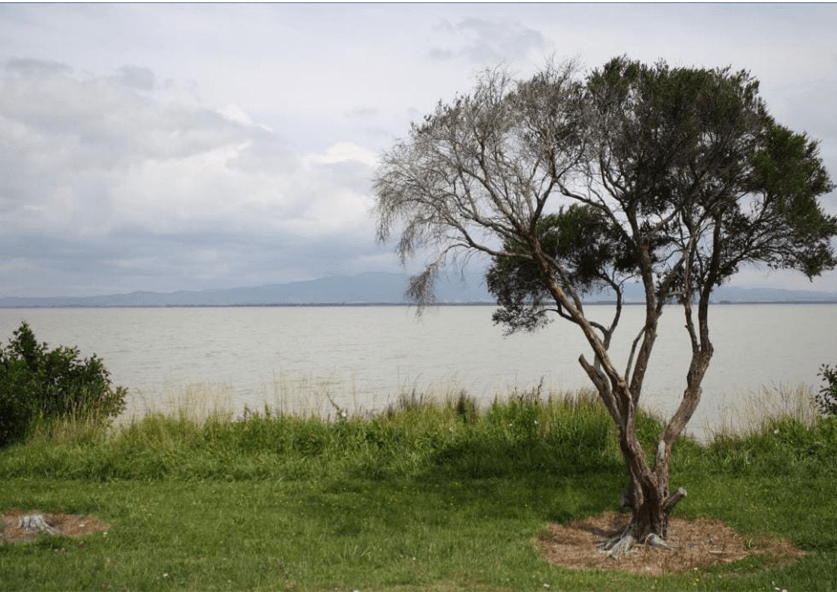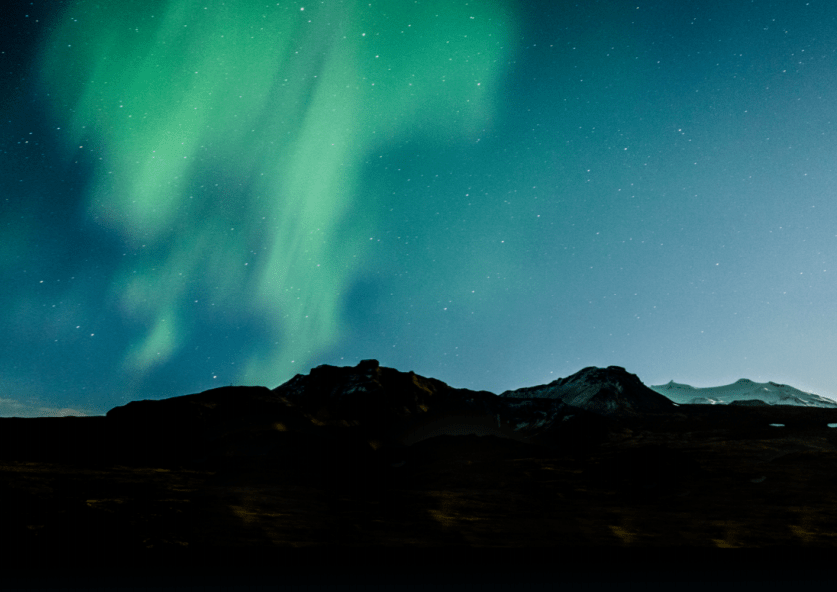Storying
Climate Change
In order to engage people with communities on a matter that is vital for everyone, WPI has the chance to develop a platform for exchanging tales about climate change. The experiences of common people on the ground are frequently ignored in adaptation techniques or policy decisions, therefore recording these accounts can help understand these realities. WPI can encourage citizen research and help to rethink global consciousness by concentrating on the little and large changes that communities experience.
By Ingrid Shockey in Collaboration with The Global Lab.

Description
WPI has an extraordinary opportunity to build a platform for sharing voices and perspectives on meaningful topics. Recording climate change stories engages people with communities on a topic of universal urgency, and in ways that transcend common barriers. The experiences of ordinary people on the ground have not always been solicited in planning for adaptation strategies or in other official narratives and metrics about climate change. We hear about the crisis more frequently in broad terms, such as with regard to policy decisions, or in the context of action (deniers vs activists).
We have learned that parts of the world are increasingly affected more than others. Sea level rise will overwhelm certain regions and draught will suffocate others. What is harder to see and understand is how ordinary people experience this in real time. What are the small and significant changes that communities have felt? What are the consequences? How have attitudes and behaviors changed in response? How are communities adapting or even thriving?
These stories have the potential to enable a kind of citizen science. We have learned so far that climate implications are not widely understood or considered. We have heard supporting evidence for new disease vectors or migration decisions. We have also heard optimism for our ability to rethink a global consciousness! We will continue to add more perspectives as we continue our global conversations.
Projects Library
Perception of Climate Change in Japan
We intend to bolster the work of the Climate Stories Project by exploring the social understanding of climate change of Japanese residents. Through background research, we identified the quantifiable ramifications of the shifting climate in Japan.
Climate Change Identities
By collecting and analyzing public interviews, this project assisted Landcare Research in its study of responses of New Zealanders to climate change; public reaction is a key component of climate change prediction.
Stories of Climate Change in Himachal
Climate change research has focused on scientific data as the driving force in building awareness of climate change. Less has been done to collect climate data from the perspectives of ordinary people. We conducted and recorded semi-structured interviews and collected stories of lifelong residents in Himachal Pradesh to assess the perspectives of climate change.
Investigating Flood and Climate Change Perception
Major floods pose a risk to the Hutt Valley due to surrounding geography and increased urbanization. Climate change models suggest flood impacts are likely to increase in the coming decades. Our project investigated public perception of flood risk and climate change in the Hutt Valley.
Improving Science Communication in Wellington: An Analysis of Public Knowledge of Seal Level Rise in the Central Business District of Wellington, New Zealand
The goal of our project was to assess public perceptions of sea level rise in Wellington in order to provide recommendations to our sponsor, the Antarctic Research Center of Victoria University, for developing outreach initiatives to communicate their research to the public.
Perception of Climate Change
Scientific research is often prioritized over social research in climate change studies. Personal stories convey perceived vulnerabilities, adaptations and resiliencies while discerning societal influences. To better understand climate change perceptions, we collected stories of environmental changes from lifelong residents of Iceland.

